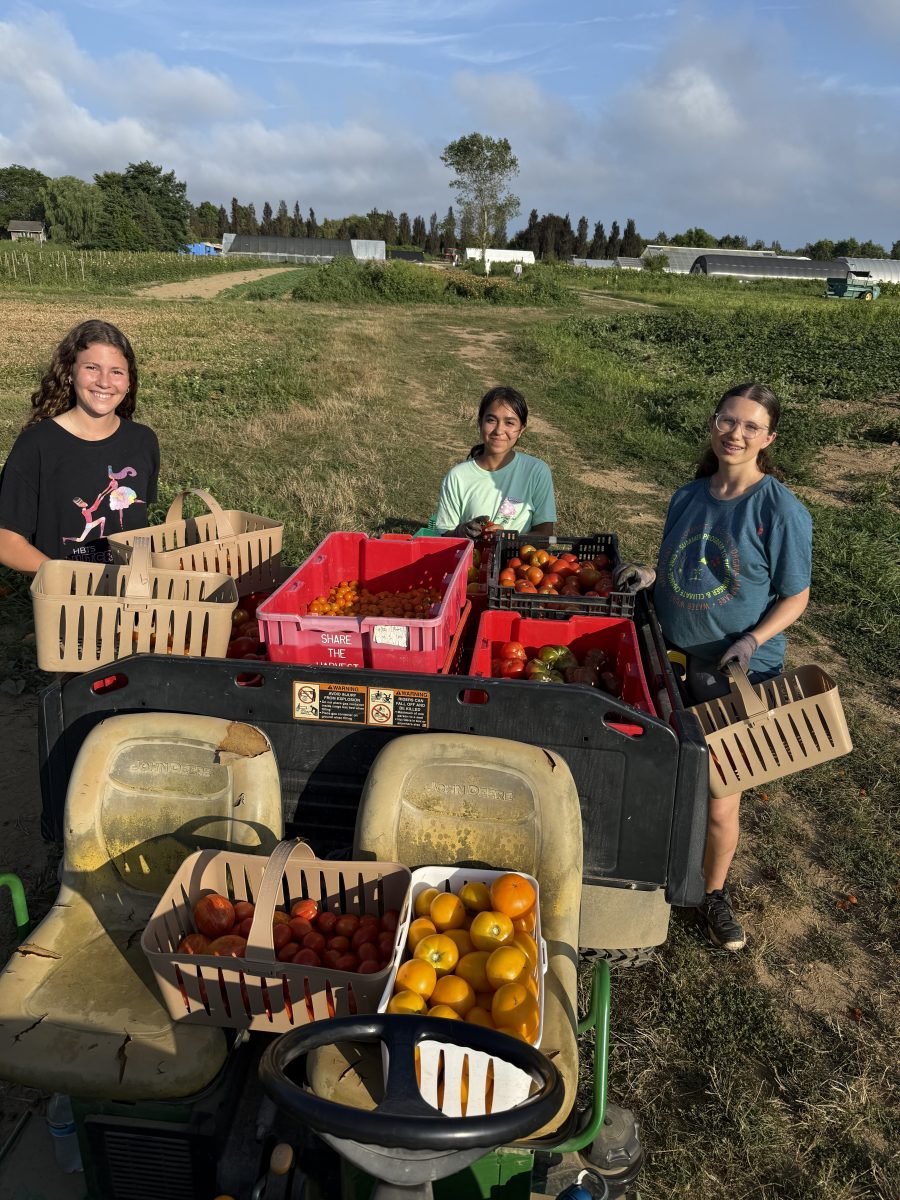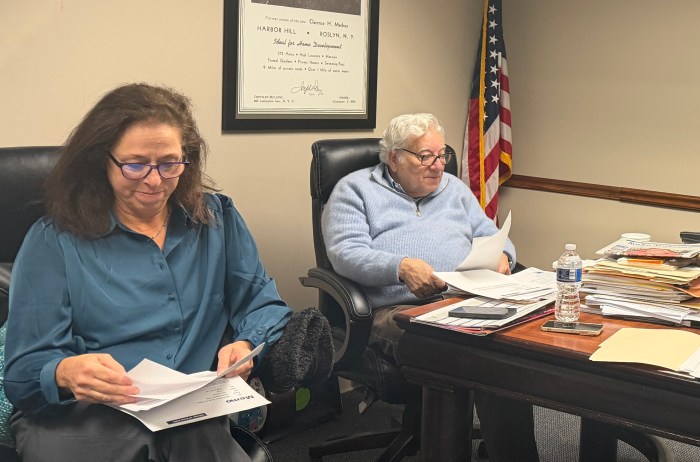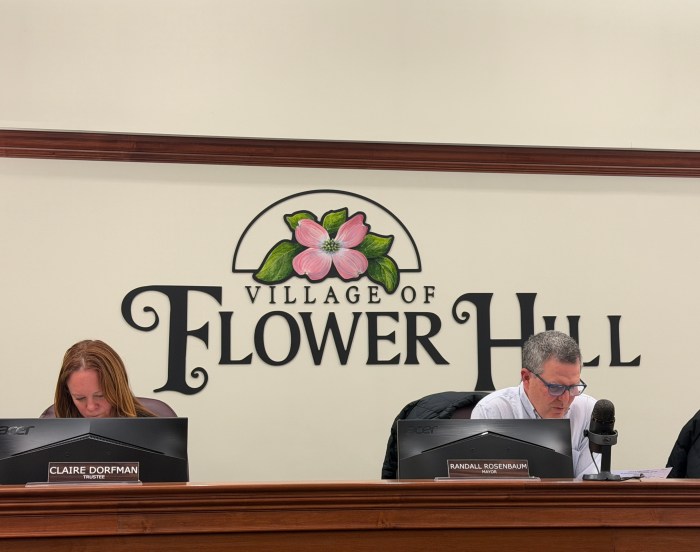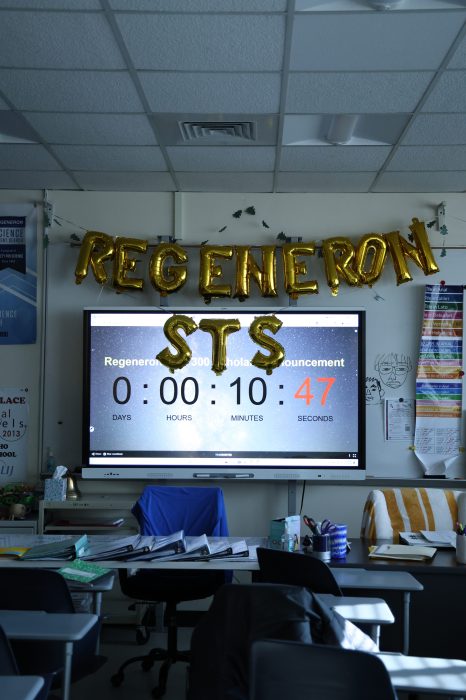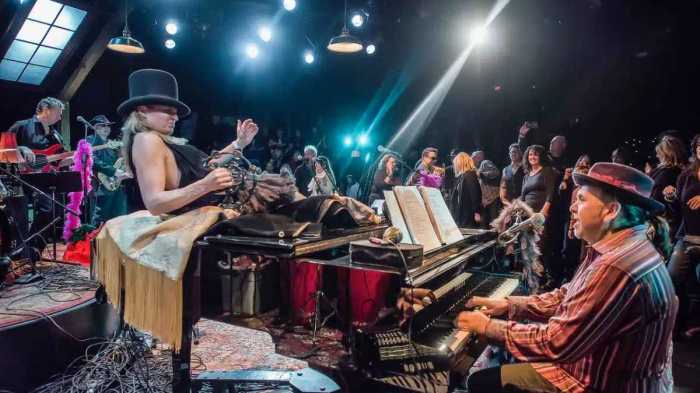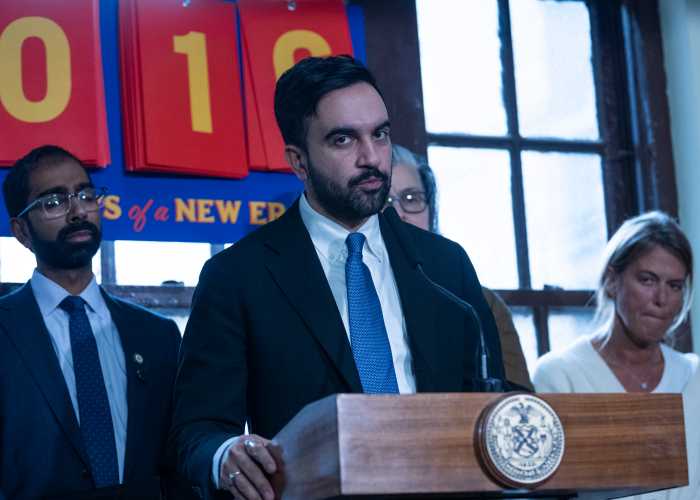ReWild Long Island’s interns got their hands dirty working on sustainable projects across the Cow Neck Peninsula and elsewhere on the Island this summer.
The nonprofit’s program brings in about 100 teens every summer and puts them to work on environmental projects across the island.
Raju Rajan, the founder and president of ReWild, said the internships show students how they can actively impact local habitats.
“Young people are … growing native plants, pulling down invasives, planting oysters in the bay [and] growing food,” he said. “They are putting their hands in the ground … learning by doing.”
The program began in the summer of 2020 and requires that high school students complete 60 hours of total work throughout the season. In return, interns receive a small stipend along with certificates and references for future opportunities.
Students with less time to give have the option of participating as volunteers.
Cohorts are split between ReWild’s Cow Neck and South Fork chapters, each partnering with local groups on different projects.
For example, the Port Washington-based Cow Neck chapter had its high schoolers out gardening oysters with the Coalition to Save Hempstead Harbor at North Hempstead Beach and farming for a local food pantry with Plant a Row in Port Washington, among other activities.
Rajan said that all of this work aligns with ReWild’s core mission of promoting sustainability to protect and improve the health of local ecosystems. Teaching young people these values, he said, empowers them to act.
“This gives them a chance to say, ‘[we] don’t have to wait for governments and remote organizations,’” Rajan said. “It’s very helpful for young people to know that they can play a role.”
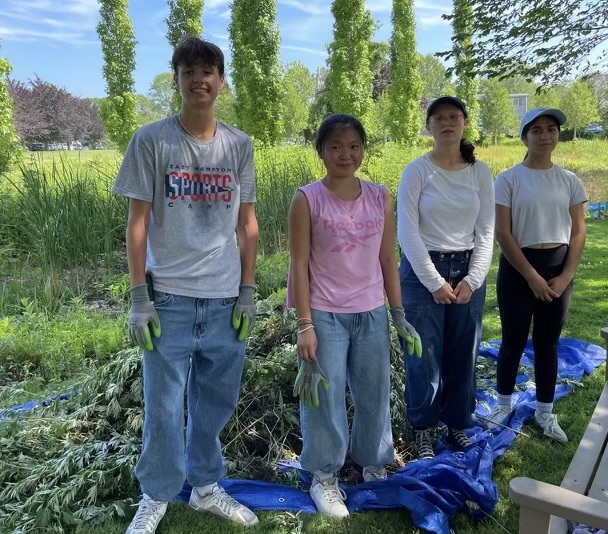
Some students opt to return to the initiative for multiple years, where they can take on mentor roles and help organize work for the summer.
Shirley Jiang, who is going into her senior year at East Hampton High School, is one of them.
Working with the South Fork ReWild chapter, Jiang said that getting people her age engaged with nature was a highlight of the role.
“It makes me feel really good to know that there are people who are like me who want to do more than just advocate [without] taking real action,” she said.
Jiang said that her work began in February this year, with weekly meetings centered on promoting the program and coordinating with sites. She also helped to host weekly educational meetings for the interns throughout the summer.
Despite the hard work, Jiang said that she has found the results to be very fulfilling. One of the sites she worked at the most was the Methodist Lane bioswale in East Hampton, a landscaping feature that uses natural vegetation to filter stormwater before it reaches the ocean.
“It’s really fun to just stand in the bioswale and pull out mugwort,” Jiang said. “And at the end we can see the mountain of mugwort that we pulled out and it’s really rewarding.”
She said that her experience with ReWild has influenced her plans for the future, whether that be what she studies in college or other aspects of her life.
Rajan said that many in the program have felt a similar impact from their work, adding that he sees the experience shaping not only their studies, but their voices and sense of self-confidence.
“That’s really what’s most exciting for us as adult organizers, to see these young people so creative and excited.”




